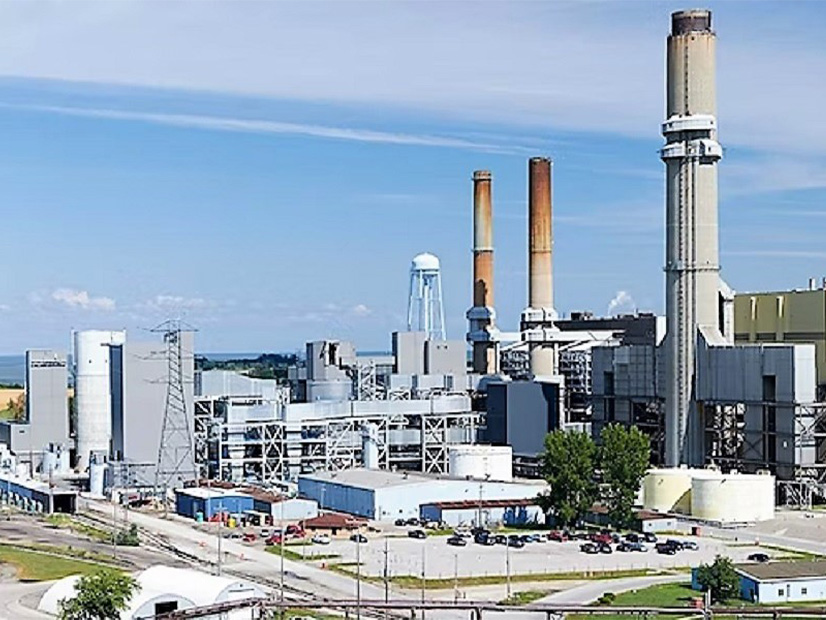
MISO remains committed to beefing up and making information from its generation retirement studies more public as it outlined a number of study changes it plans to soon file with FERC.
The grid operator told stakeholders Wednesday it plans to impose a yearlong notice requirement on retiring generation before it begins retirement studies under Attachment Y of its tariff. It also plans to conduct the studies on a quarterly basis, share with stakeholders the megawatt value of retirement requests, and discourage reliance on load shed as a valid mitigation option when voltage and thermal violations are uncovered in its steady state analyses. (See MISO Bolstering Generation Retirement Studies Amid Capacity Shortage.)
“I know it’s a major change, but this will help us perform better studies. We believe there may be a ramp up in retirements, and this will help us study them,” Sydney Yeadon, with MISO’s resource utilization team, told stakeholders during a Planning Advisory Committee meeting.
Currently, generators intending to retire must notify the RTO six months ahead of time and studies are conducted as the notices are received. Staff says the changes are needed given the increase in retirement notices.
MISO says it will need four quarterly study periods worth of notice, rather than 52 weeks, from generation that is being retired or suspended.
MISO will define first-quarter retirement studies as beginning the first business day of March through the last business day of May; the second quarter as beginning the first business day of June through the last business day of August; the third quarter as beginning the first business day of September through the last business day of November; and the fourth quarter as beginning the first business day of December through the last business day of February.
The new study process will allow one quarterly study period after FERC approval for generator owners to prepare to use the new system.
Stakeholders asked whether the grid operator will study alternatives to keeping aging or uneconomic generation online under system support resource (SSR) agreements. Staff responded that it annually re-evaluates the need for SSRs after they are designated and said they view the agreements as a last resort for reliability.
DTE: Consider Old Generators for Reactive Power
DTE Energy is continuing its push to give old thermal generators new life as synchronous condensers that furnish the grid with reactive power.
During an Oct. 11 Planning Subcommittee, DTE’s Kenneth Gavin said that as dispatchable power retires and renewable integration gains traction, MISO will find a greater need for reactive power.
The utility says that existing generators can be cost-effectively converted to zero-emissions synchronous condensers after they suspend operations through MISO’s Attachment Y retirement process. It says that such conversions “can supply clean reactive power to the grid that maximizes performance and maintains customer affordability.”
Sustainable FERC Project’s Lauren Azar said the sooner MISO and members begin addressing grid technologies to support a majority renewable mix, “the better off we’ll all be.”
WPPI Energy’s Steve Leovy said it’s an opportune time for the RTO to signal a need for synchronous condensers because several thermal generators are announcing or weighing retirements.
Currently, retiring generators in the MISO footprint that are converted into synchronous condensers aren’t eligible for compensation under the tariffs Schedule 2, which outlines compensation for reactive supply and voltage control. The grid operator’s retirement process would take away a converting plant’s interconnection rights.



